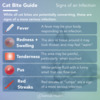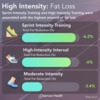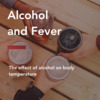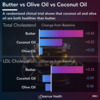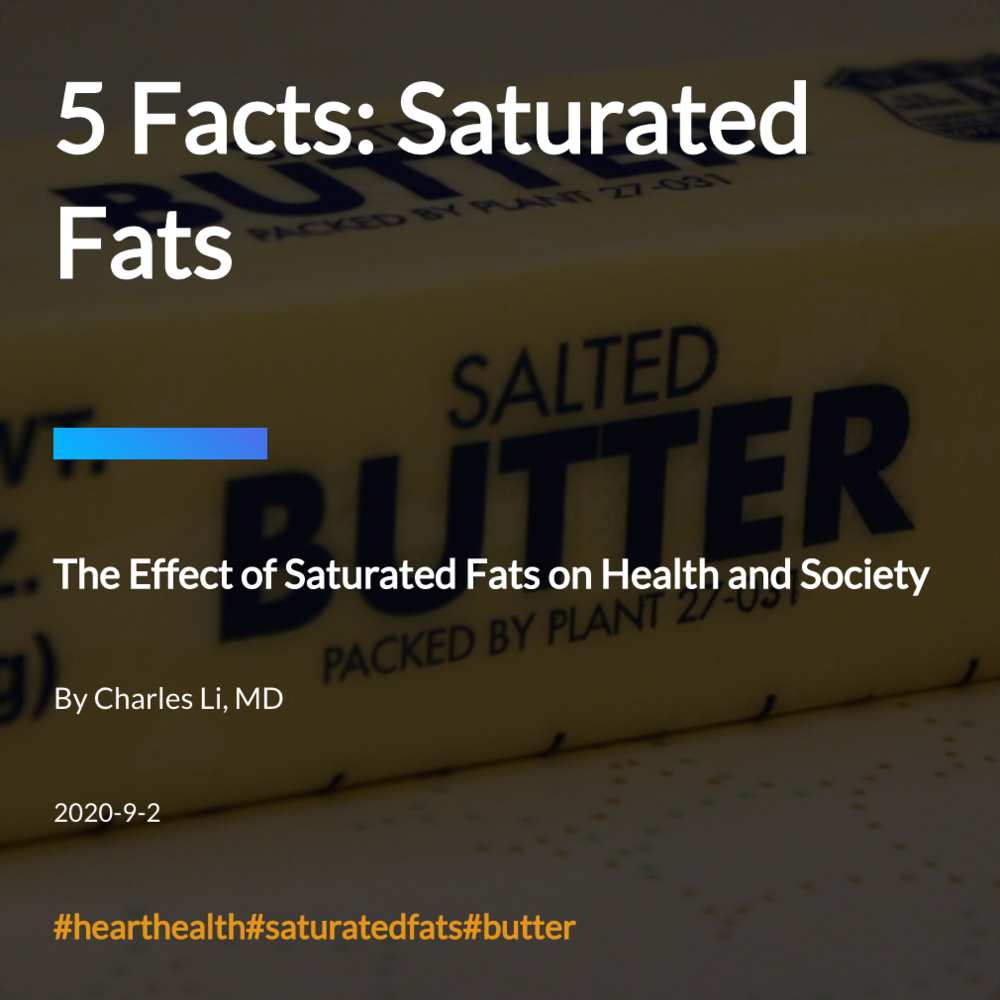

Saturated Fats = Heart Disease Risk
Saturated Fats have been repeatedly shown to be one of the more harmful components of a diet. Replacing saturated fats with unsaturated fats leads to a 29% reduction in your risk of heart disease.

Heart Disease is a Devastating Killer
Around the world, heart disease is one of the leading causes of death. Researchers estimate that heart disease causes just under a third of all deaths.

Healthy Eating Matters
Replacing saturated fats, such as butter, with unsaturated fats like vegetable oil as well as whole grains has been shown to help reduce your risk of heart disease.
1. Definition
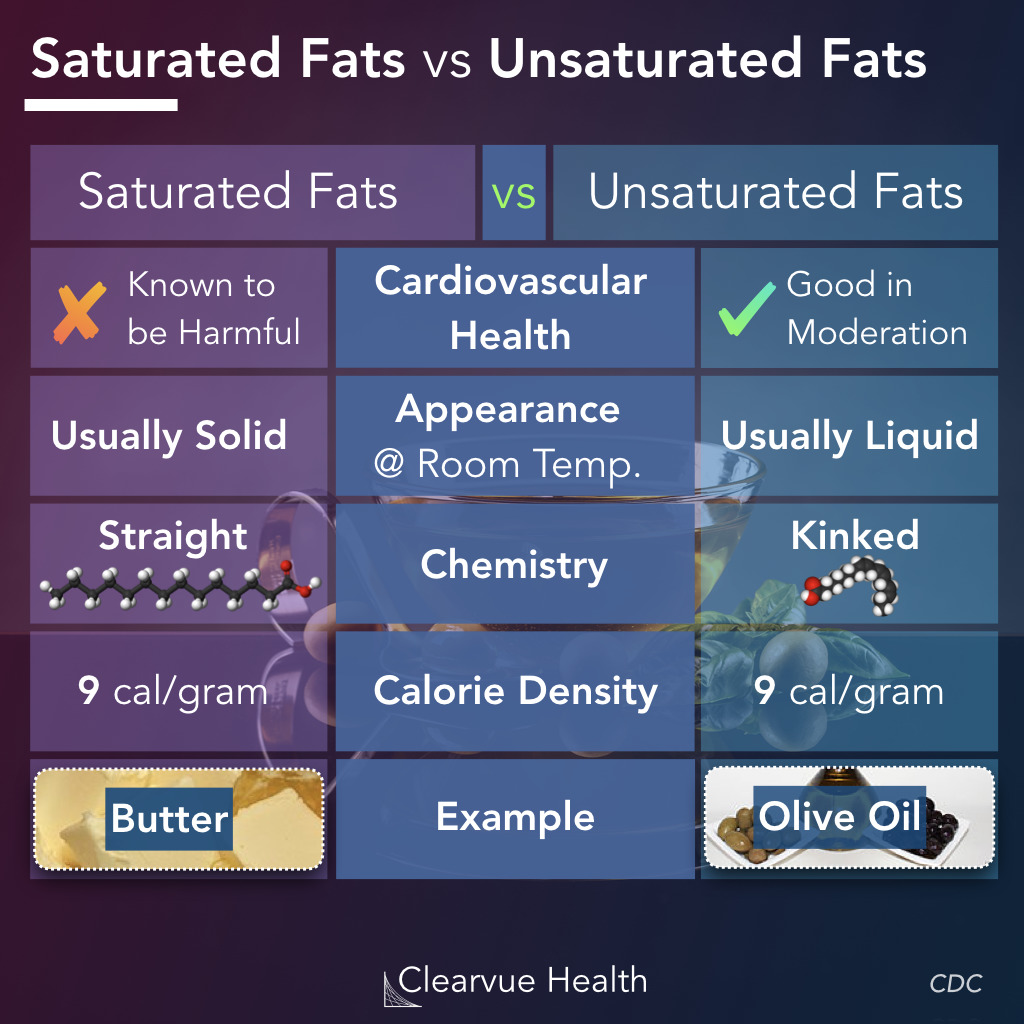
Chart: Saturated Fat vs Unsaturated Fat
2. Why it matters
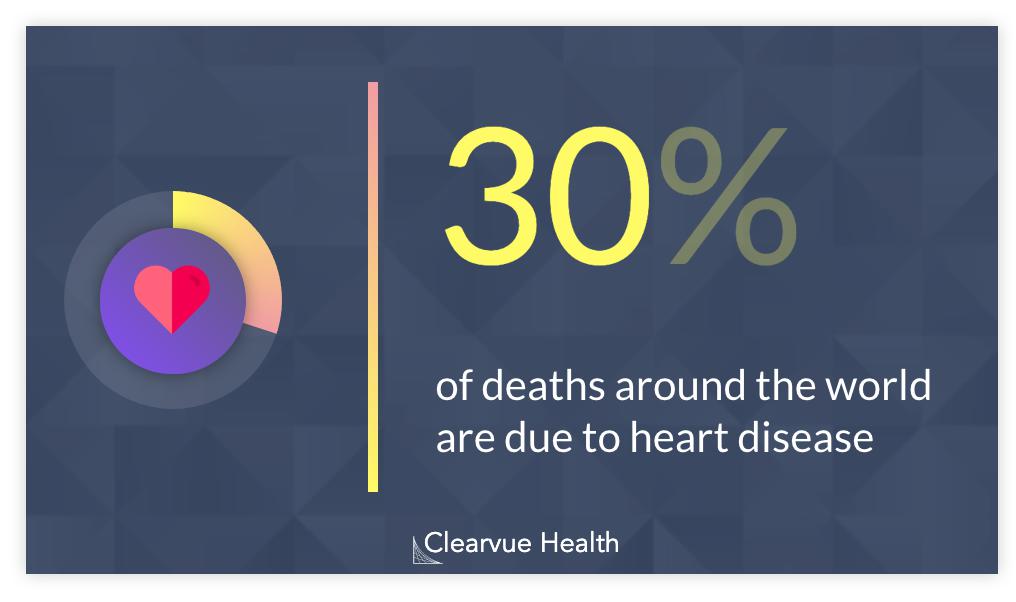
Researchers estimate that around 30% of deaths around the world are caused by heart disease. (Circulation, 2017)
3. The Cost
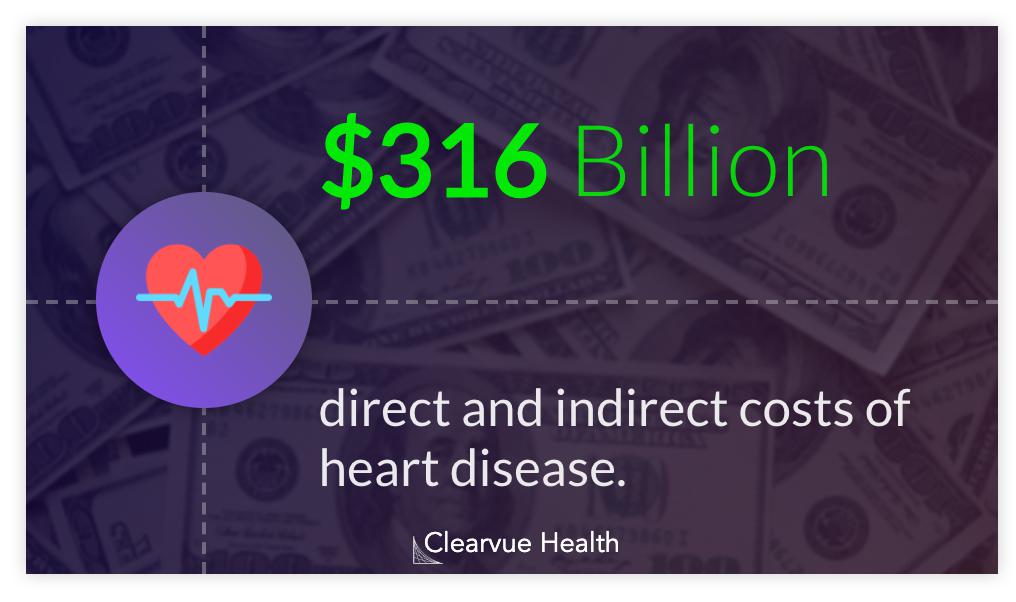
One economic analysis estimated that heart disease costs society over $300 billion a year in healthcare costs and lost productivity. (Benjamin EJ, Circulation, 2017)
4. Saturated Fats
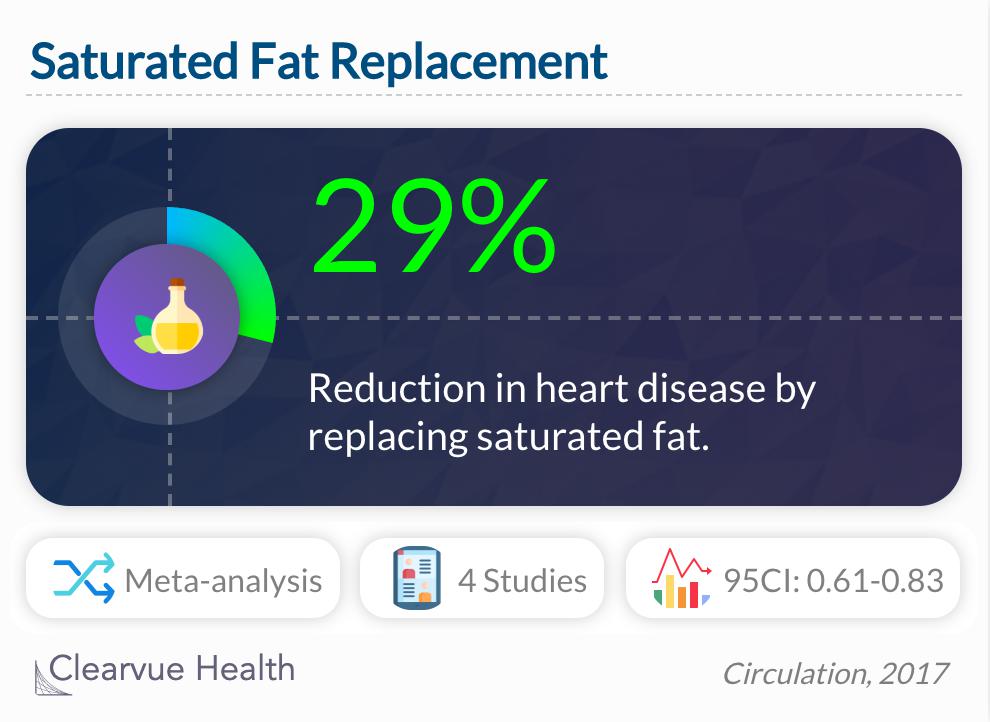
Replacing saturated fats, such as Butter, with unsaturated fats, such as Vegetable Oil, leads to a 29% reduction in heart disease risk according to a meta-analysis by the American Heart Association.
Data Source
" In summary, randomized controlled trials that lowered intake of dietary saturated fat and replaced it with polyunsaturated vegetable oil reduced CVD by ≈30%, similar to the reduction achieved by statin treatment. "
5. Saturated Fats vs. Carbs
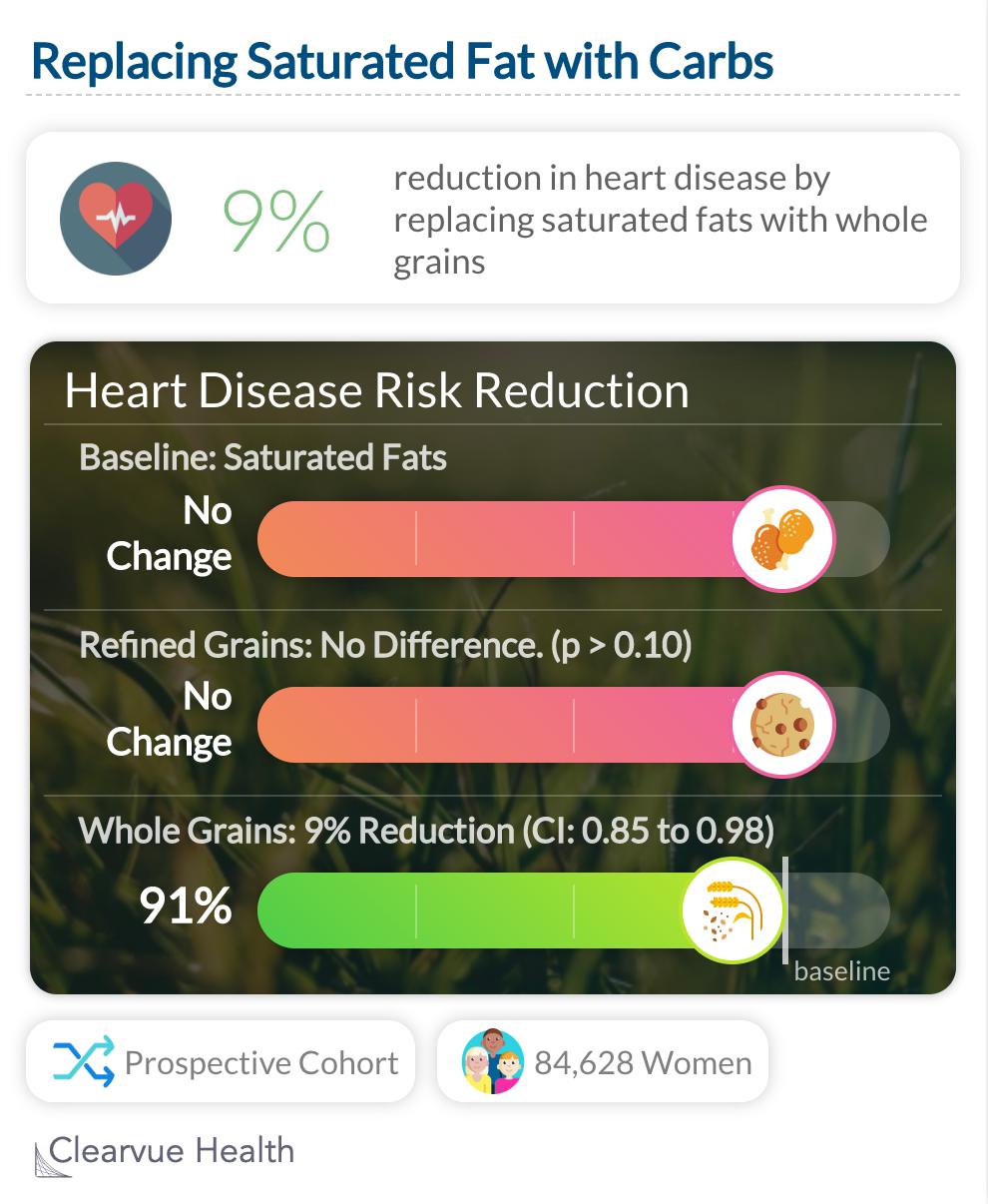
Replacing 5% of the saturated fat calories that you eat with carbs can lead to a reduction in your heart disease risk, as long as those carbs are whole grains.
Data Source
" Replacing 5% of energy intake from saturated fats with equivalent energy intake from PUFAs, monounsaturated fatty acids, or carbohydrates from whole grains was associated with a 25%, 15%, and 9% lower risk of CHD, respectively"
Key Points
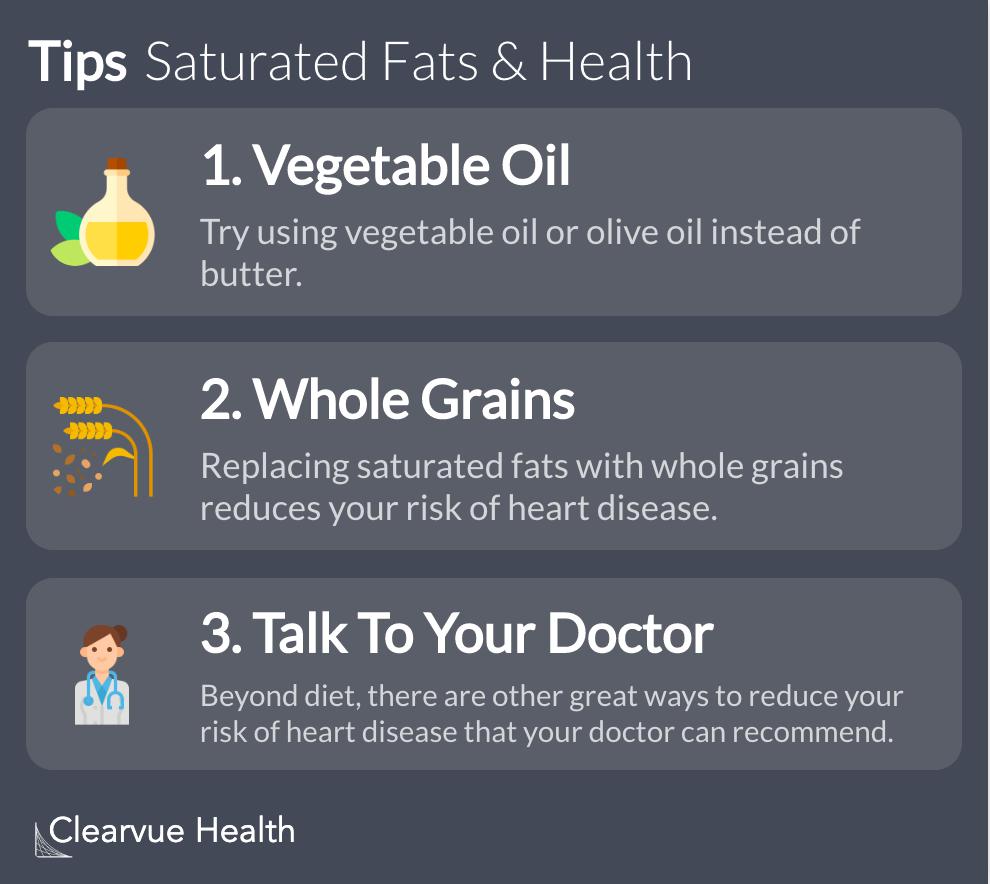

#hearthealth
Scroll for more ->

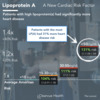
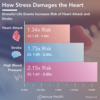


#new
Scroll for more ->








